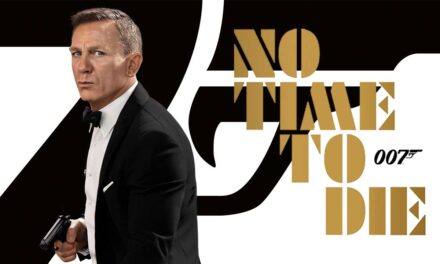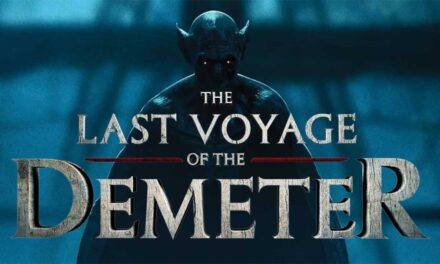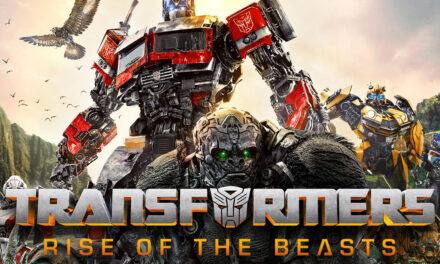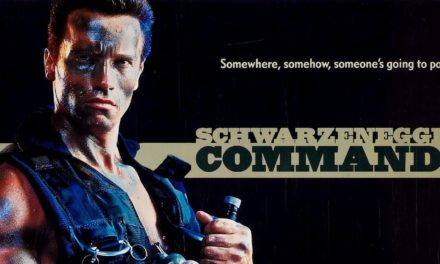In 1968, acclaimed science-fiction novelist Philip K. Dick wrote and published Do Androids Dream of Electric Sheep? Soon after, as is often the case in Hollywood, studios were looking to adapt the novel into a feature. At one point, Martin Scorsese was interested, but that fell through, and eventually a screenplay by Hampton Fancher was optioned. The script was offered to Ridley Scott, following the success of Alien, but he initially turned it down. He had been working on a film adaptation of Dune, but when that fell through, Scott reconsidered and accepted. David Peoples was hired to do rewrites, and Harrison Ford, Rutger Hauer, Sean Young, and Daryl Hannah were eventually cast. Various designers and artists were hired to help bring the futuristic look of the film to life. Despite some production problems and behind the scenes conflicts, 1982 saw the release of Scott’s sci-fi epic, Blade Runner.
%
Rating
Synopsis
Set in a futuristic 2019, humanoid androids known as Replicants are outlawed after a group of them commit mass murder. A new type of officer known as a Blade Runner is assembled to “retire” these Replicants, essentially hunt them down. Once such Blade Runner is Rick Deckard (Harrison Ford), who’s taken out of retirement to track down some rogue Replicants. A man named Leon (Brion James) killed an agent during a test to see if he’s a Replicant or not. Deckard has to hunt down Leon and three others: Zhora (Joanna Cassidy), Pris (Daryl Hannah), and Roy Batty (Rutger Hauer). Meanwhile, Batty and the others are trying to find a way to expand their lifespan, which is initially four years. At the same time, Deckard becomes entangled in a romance with Rachael (Sean Young), a Replicant who believes she’s human. Deckard hunts down the rogue Replicants, all the while rediscovering his humanity.
Review
Blade Runner is one of those movies that’s been discussed so much, it’s hard to say anything new. That being said, this is easily one of the most well-made, influential, and excellent science-fiction films ever made. First off, as with many of his other films, Ridley Scott’s direction is phenomenal, effectively bringing the world to life. Casting wise, Harrison Ford is great as Deckard, mixing dry wit with a very sardonic attitude typical of film noir. Speaking of, Sean Young perfectly captures the look of a femme fatale and delivers a solid performance despite little experience. Rutger Hauer plays a compelling villain, who’s not only intense and terrifying, but even sympathetic, who simply wants to live. While his performance is great throughout, the moment that stands out as iconic is his speech reflecting on his memories. It’s probably one of the most quotable scenes of any movie ever.
Darryl Hannah is good as Pris, and Joanna Cassidy is strong in her small but memorable role as Zhora. Also, though his role is small, Edward James Olmos is fantastic as fellow detective Gaff, who also has iconic lines. There’s also plenty of great characters actors who pop up, including M. Emmett Walsh, William Sanderson, and Brion James. Production-wise, Blade Runner is a sight to behold, with its incredible visuals that give beauty to such an ugly world. The score from composer Vangelis really adds to the mood, and the cinematography from the late Jordan Cronenweth is exquisite. If there are any complaints, the pacing can be slow at times, and the visuals tend to overshadow the story. Some may be turned off by how vague the movie is, but having everything explained would ruin the experience. Overall, Blade Runner is a science-fiction epic that deserves the long overdue acclaim.
Side Note: when you watch Blade Runner, be sure it’s the Final Cut, which is the director’s preferred version.
Buy Blade Runner on Amazon: https://amzn.to/2y6jJZx
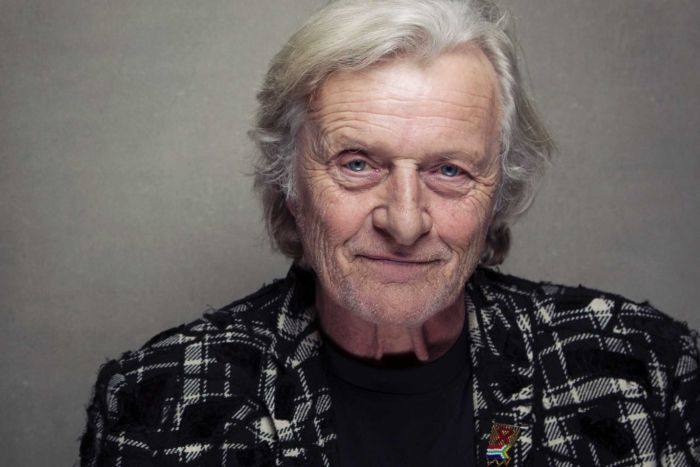
Rutger Hauer, 1944 - 2019
This review is dedicated to the memory of legendary actor Rutger Hauer, who passed away on July 19, 2019, at the age of 75.

